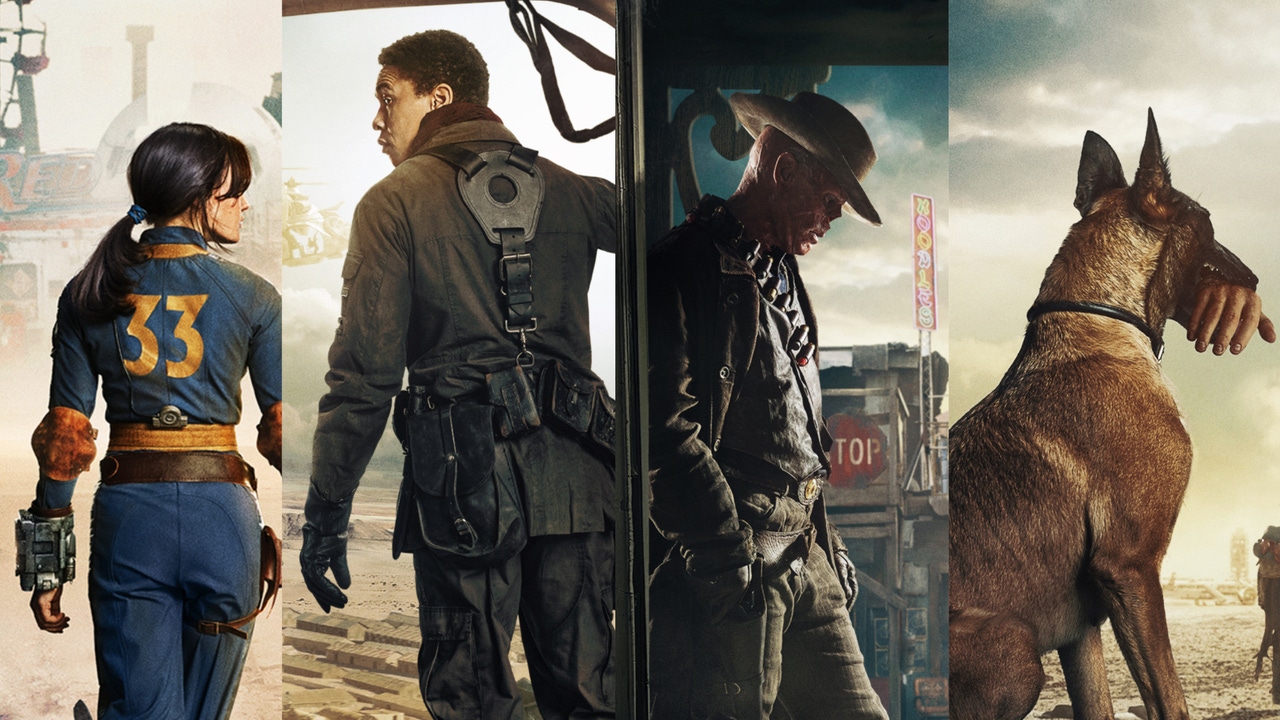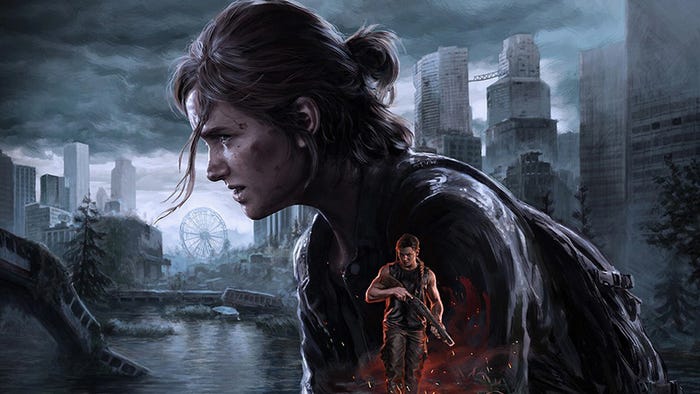Trending
Opinion: How will Project 2025 impact game developers?
The Heritage Foundation's manifesto for the possible next administration could do great harm to many, including large portions of the game development community.

Last week, news broke that Avalanche Studios’ Just Cause franchise was joining the likes of BioShock, Gears of War and plenty more in getting a Hollywood movie adaptation. That in and of itself isn’t too surprising, given how hard these adaptations have been hitting with audiences.
What is surprising is that like the Watch Dogs movie in development over at New Regency, Just Cause’s film will likely come out without a video game to ride its coattails. Avalanche, as far as we know, is currently making Contraband for Xbox Game Studios, and the bombastic open-world series hasn’t had a new installment since 2018’s Just Cause 4. Last year, Square Enix killed a free-to-play Just Cause game for phones just moments before its official launch, and it’s anyone’s guess if the series will return.
So unless Avalanche quietly has a Just Cause 5 it’s saving for a rainy day or some kind of remaster it’s not speaking of, there’s a good chance that eventual movie will just launch with the series being MIA in nearly (or over) a decade.
Hollywood is clearly ready to go all in on games now that it has multiple, consistent successes under its belt. It also seems more than willing to do this without the games themselves by its side. The question is: do game companies benefit from this arrangement?

Key art for Naughty Dog's The Last of Us Part II: Remastered.
Back in the old days, big tentpole movies would just get tie-in games as part of the overall marketing plan. While there were some notable exceptions, many of the tie-ins were of dubious merit, and often made within a relatively short turnaround. From the late 2000s through the 2010s, they gradually faded to make way for games like Rocksteady’s Batman Arkham series and Insomniac Games’ Spider-Man titles. These were single-player affairs set in their own self-contained canon.
Because they weren’t obligated to come out in a tight launch window next to a film, longer development time was possible. Promoting a film became a secondary objective achieved through post-launch costumes or other DLC treats. Insomniac’s first Spider-game had DLC suits inspired by the Tom Holland sequels and animated Spider-Verse films that came out between 2018 and 2021, and Rocksteady gave Batman: Arkham Knight players a free skin for Robert Pattinson’s Batman (of The Batman fame) just last year.
Having a new-ish game in stores around adaptation time has paid off before: Naughty Dog’s 2022 PlayStation 5 remake for the original The Last of Us had a huge sales spike just a week after the HBO show premiered; Gran Turismo 7 (also from 2022), after its own film in 2023, reportedly saw a 13 percent player boost. Insomniac Games’ PlayStation 4 remake of the first Ratchet & Clank in 2016 was made specifically to link up with its movie, and was the series’ fastest-selling entry before the franchise spent the next five years on ice.
Conversely, Castlevania’s done fine without a game in a decade and only the Netflix shows and recent Dead Cells crossover to its name. The Fallout games blew up in popularity after the Prime Video show premiered. Despite the show landing a season two renewal and Amazon bragging about its viewer numbers, it seems like Bethesda is going to take its time in responding via a brand new entry. An adaptation doesn’t always equal a new game; both Days Gone and Gravity Rush are being adapted to film despite scrapped sequel pitches or studio shutdowns.

Mario & Luigi in the Super Mario Bros. Movie.
Of all the developers, Nintendo may have found the most ideal Hollywood relationship. Compared to other companies, it’s more deliberate with what gets adapted and how, mainly because of the trauma of the near-universally panned 1993 Mario movie. But it ended up working out in the long run. Two Mario games came out in 2023, and neither were made in relation to the then-upcoming Super Mario Bros. movie. Because Nintendo was so involved during its production, the movie works as “just another Mario game” instead of something the entire franchise is dependent on. That same feeling may extend to the upcoming Legend of Zelda movie: if a game (new or remake) comes out in the same relative proximity, it’ll feel like a natural intersection instead of predetermined steering.
Through the ever-growing Pokemon anime series and movies, Nintendo practically created transmedia as we now know it. The often annual games serve as the foundation for the trading card game and anime, all of which have spent decades as pop culture fixtures. A child will watch the show, which makes them want to buy cards (hopefully before scalpers take that chance from them) or the newest game, or whichever order of operations you wish to apply. That kind of cultural cache can’t be engineered in the way corporations often want it to, and it further helps that Nintendo just has a game for any occasion to be released whenever it so chooses.
Publishers like Sony and Microsoft would very much like their games to become big transmedia enterprises, where games become movies that lead to more sales and further franchising. A lot of these would-be franchises are growing from double and triple-A games, the latter of which have become more costly to make. Movies are no stranger to high budgets, but games have started to really feel that strain, and not every one of them can get away with a remaster or PC port ahead of a silver screen adaptation. In other instances, a game project meant to build off an adaptation’s momentum may just get the ax for reasons out of its developer’s control. Abrupt studio closures or layoffs can be as game-changing as growing a game out into a multimedia juggernaut in the first place.
Games and Hollywood have had a relationship for decades, but the new advent of adaptations is showing how one-sided this has become. The former has bent itself into a pretzel readying itself for adaptation, but that isn’t always going to work. Audiences for both have become adept at spotting when companies are steering media to a particular end goal, and will sometimes refuse to play along. Ensuring a healthy dynamic between the two mediums going forward will mean being less obvious in IP strategizing, as Nintendo has done. Having a direct hand in adaptations is important, but it's equally key to know when to ease off the throttle and let things play out organically.
You May Also Like